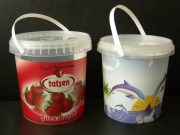Pregnancy is a remarkable journey, filled with moments of joy, anticipation, and profound change. As you nurture the life growing within you, taking care of your own health becomes more important than ever. Among the many aspects of prenatal care, maintaining proper hydration stands out as a fundamental yet often overlooked necessity. Water, the essence of life, plays a crucial role in supporting both your well-being and the development of your baby. This article aims to guide you through the importance of staying hydrated during pregnancy, offering insights into how adequate fluid intake can enhance your health, alleviate common pregnancy discomforts, and promote a healthy pregnancy journey. With empathy and understanding, we delve into practical tips and knowledge to ensure that you and your baby thrive during this extraordinary time.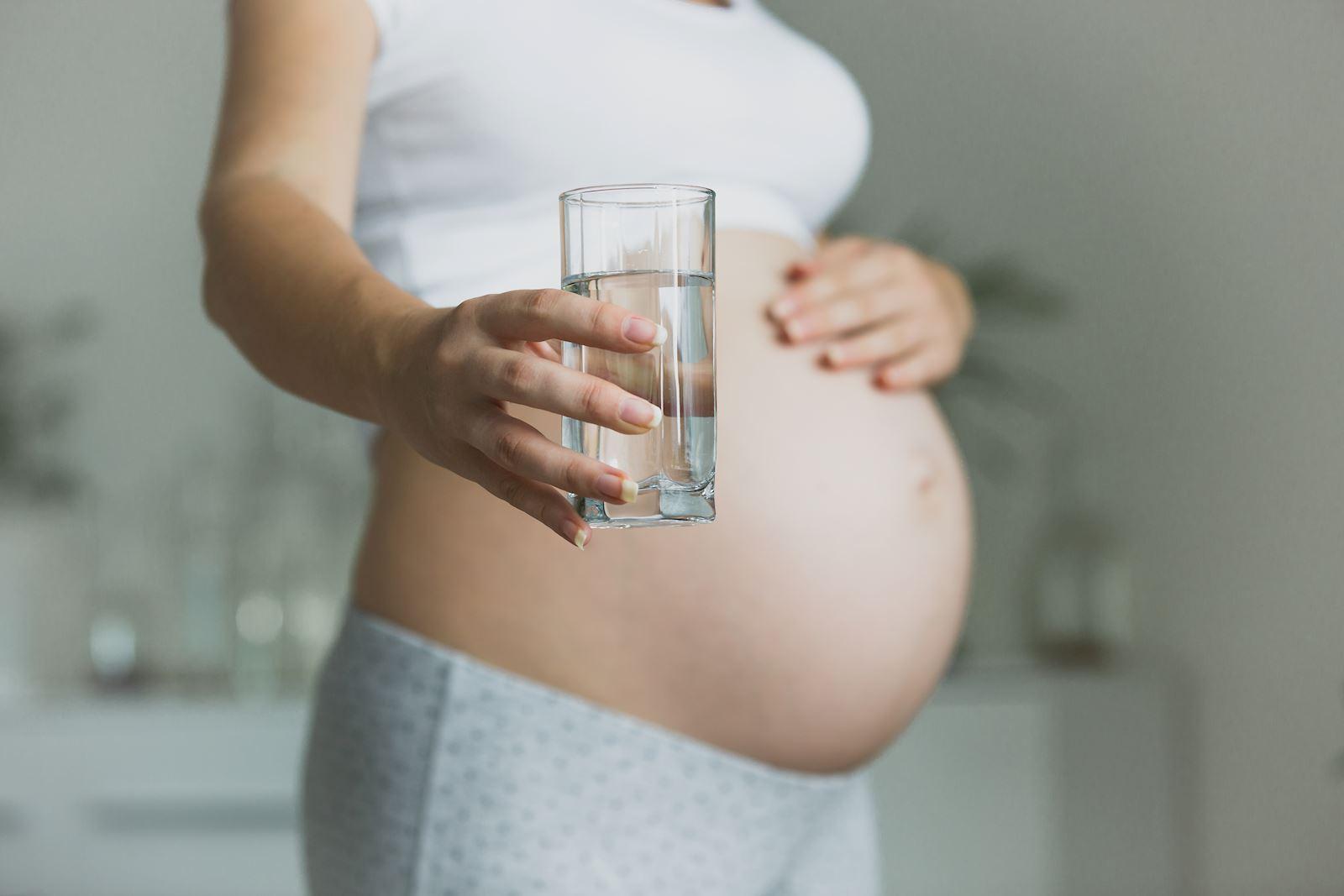
Understanding the Vital Role of Water for Expecting Mothers
Water is often referred to as the elixir of life, and for pregnant women, its significance cannot be overstated. Proper hydration plays a crucial role in ensuring the well-being of both the mother and the developing baby. During pregnancy, a woman’s blood volume increases significantly, which means the body requires more fluids to maintain this extra demand. Staying hydrated helps in forming the amniotic fluid, aids digestion, and ensures efficient circulation of nutrients to the fetus.
Here are some key benefits of maintaining adequate hydration during pregnancy:
- Prevents Dehydration: Helps avoid common symptoms like headaches, nausea, and dizziness.
- Reduces Swelling: Adequate water intake can help reduce swelling, a common issue faced by many pregnant women.
- Promotes Healthy Skin: Hydration keeps skin supple, reducing the chances of stretch marks.
| Hydration Tip | Benefit |
|---|---|
| Start your day with a glass of water | Kickstarts your metabolism and rehydrates your body |
| Carry a water bottle | Makes it easier to sip throughout the day |
| Infuse water with fruits | Adds flavor and nutrients without extra calories |
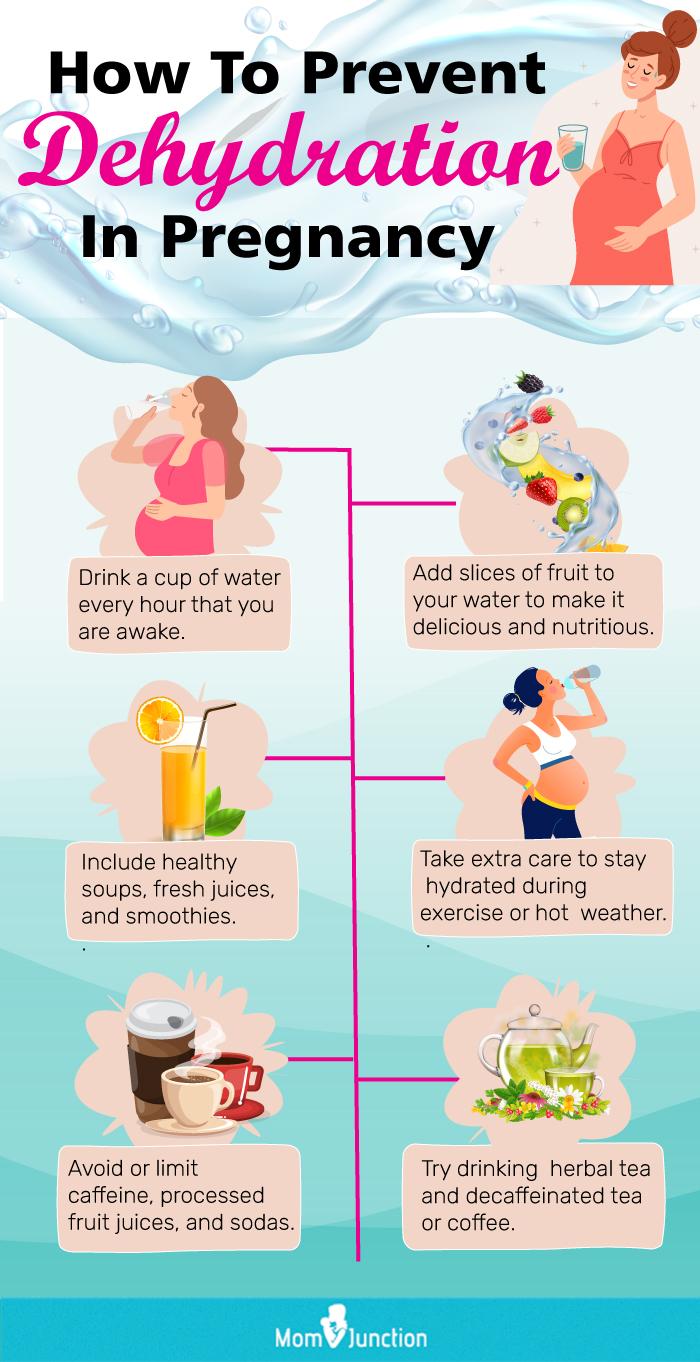
Exploring the Benefits of Staying Hydrated for You and Your Baby
Ensuring you stay hydrated during pregnancy is not just a health recommendation—it’s a vital practice that supports the well-being of both you and your growing baby. As your body undergoes incredible changes, water plays a crucial role in facilitating many essential functions. Here are some compelling reasons to prioritize your hydration:
- Amniotic Fluid Production: Water contributes to the formation of amniotic fluid, which cushions and protects your baby throughout pregnancy.
- Nutrient Transport: Proper hydration ensures that vital nutrients are efficiently transported to your baby, supporting their growth and development.
- Prevention of Common Pregnancy Issues: Staying hydrated can help prevent common pregnancy-related issues such as constipation, urinary tract infections, and swelling.
To better understand how much water you should aim to drink daily, consider the following table:
| Trimester | Recommended Daily Intake |
|---|---|
| First Trimester | 8-10 cups (64-80 oz) |
| Second Trimester | 10-12 cups (80-96 oz) |
| Third Trimester | 12-14 cups (96-112 oz) |
Remember, listening to your body is key. If you’re feeling thirsty, it’s your body’s way of signaling a need for more fluids. Incorporate hydrating foods like fruits and vegetables into your diet, and keep a water bottle handy to make it easier to meet your daily hydration goals. By prioritizing your hydration, you are taking a crucial step in nurturing both yourself and your baby during this extraordinary journey.
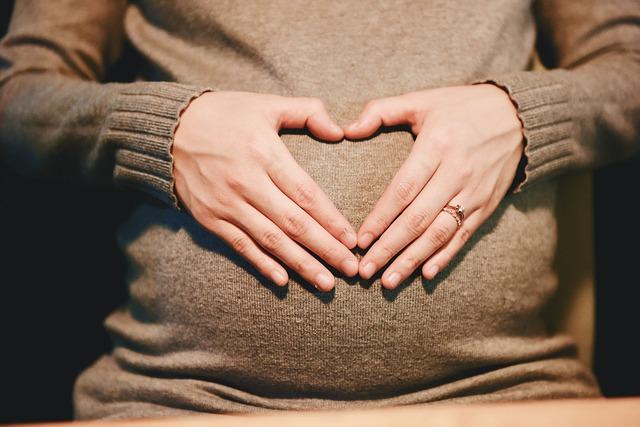
Recognizing the Signs of Dehydration and How to Prevent Them
During pregnancy, maintaining adequate hydration is crucial, as it supports the increased blood volume and amniotic fluid levels necessary for a healthy pregnancy. Dehydration can sneak up on you, manifesting through various signs that might be easy to overlook. Here are some key symptoms to watch out for:
- Increased thirst – Your body may signal its need for more fluids by making you feel thirsty more often.
- Dry mouth and lips – A common indicator that your body lacks adequate hydration.
- Dark yellow urine – A sign that your body is conserving water and needs more fluid intake.
- Fatigue and dizziness – Insufficient fluid levels can lead to feelings of tiredness and lightheadedness.
To prevent dehydration, consider these proactive steps:
- Carry a water bottle – Keep it handy to remind yourself to sip throughout the day.
- Eat water-rich foods – Incorporate fruits like watermelon and cucumbers into your diet.
- Set reminders – Use apps or alarms to prompt you to drink water at regular intervals.
- Monitor urine color – Aim for a pale yellow color to ensure adequate hydration.
| Hydration Tip | Benefit |
|---|---|
| Drink a glass of water before meals | Aids digestion and keeps you hydrated |
| Limit caffeine | Prevents diuretic effects |
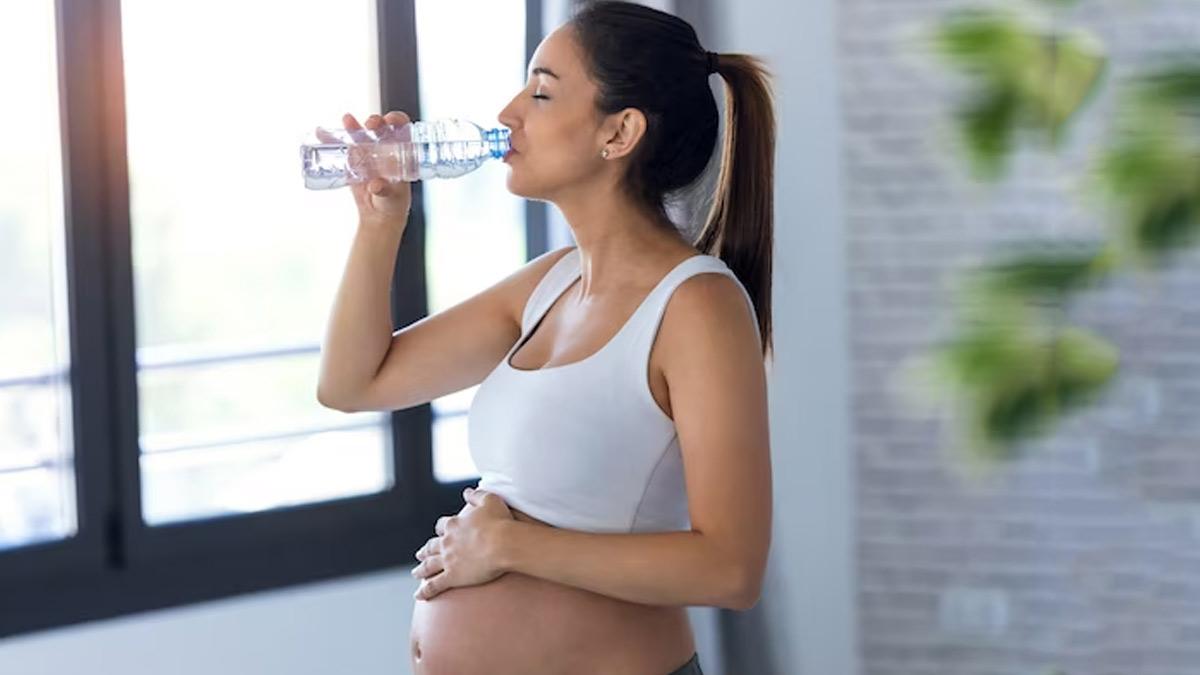
Practical Tips for Maintaining Optimal Hydration Throughout Your Pregnancy
- Start your day with a glass of water: Before you dive into the hustle and bustle of your daily routine, take a moment to hydrate. A glass of water first thing in the morning can set the tone for the rest of your day.
- Infuse your water with flavor: If plain water doesn’t excite you, try adding slices of lemon, cucumber, or a few mint leaves. This not only makes the water more palatable but also provides a refreshing burst of flavor.
- Carry a reusable water bottle: Having a water bottle within reach encourages regular sipping throughout the day. Opt for a bottle with measurement markers to help you track your intake.
Listening to your body’s signals is crucial. Thirst is a late indicator of dehydration, so don’t wait for it to strike before you drink. Instead, aim to drink small amounts regularly, even if you don’t feel thirsty. Here’s a simple guideline to follow:
| Time of Day | Suggested Water Intake |
|---|---|
| Morning | 2-3 glasses |
| Afternoon | 2-3 glasses |
| Evening | 1-2 glasses |
Remember, foods with high water content, such as fruits and vegetables, can also contribute to your daily hydration needs. Incorporating these into your meals not only adds nutritional value but also supports your hydration efforts. Cucumbers, watermelons, and oranges are great choices to keep you refreshed and hydrated.


















